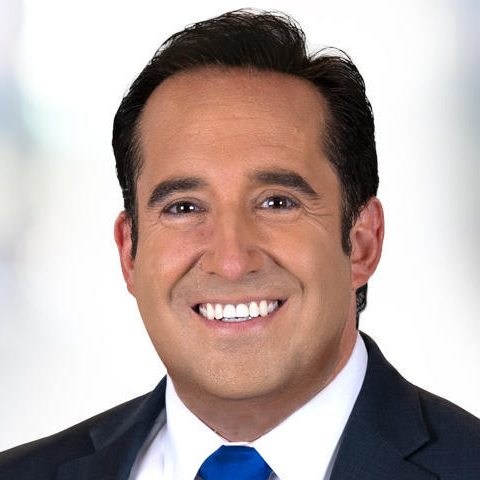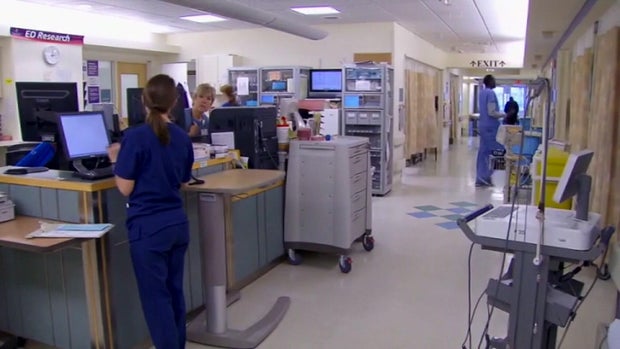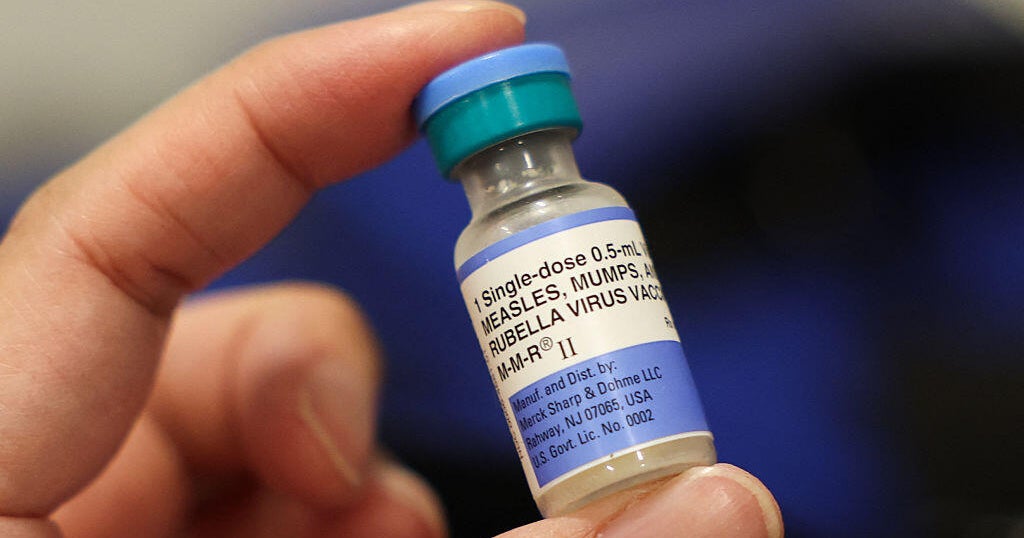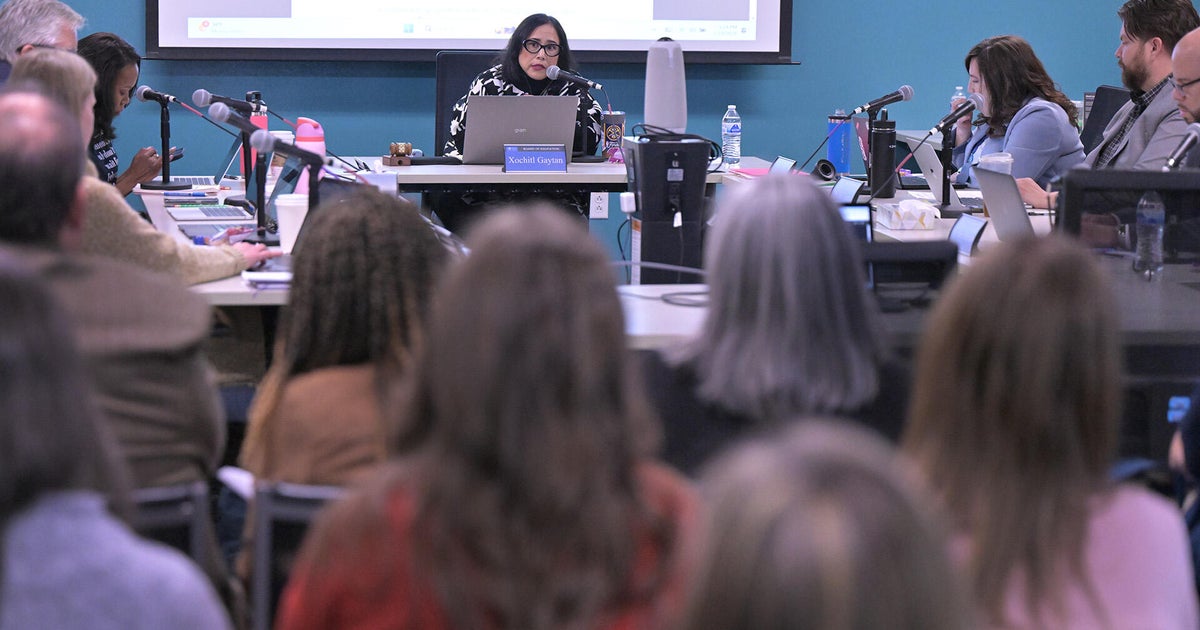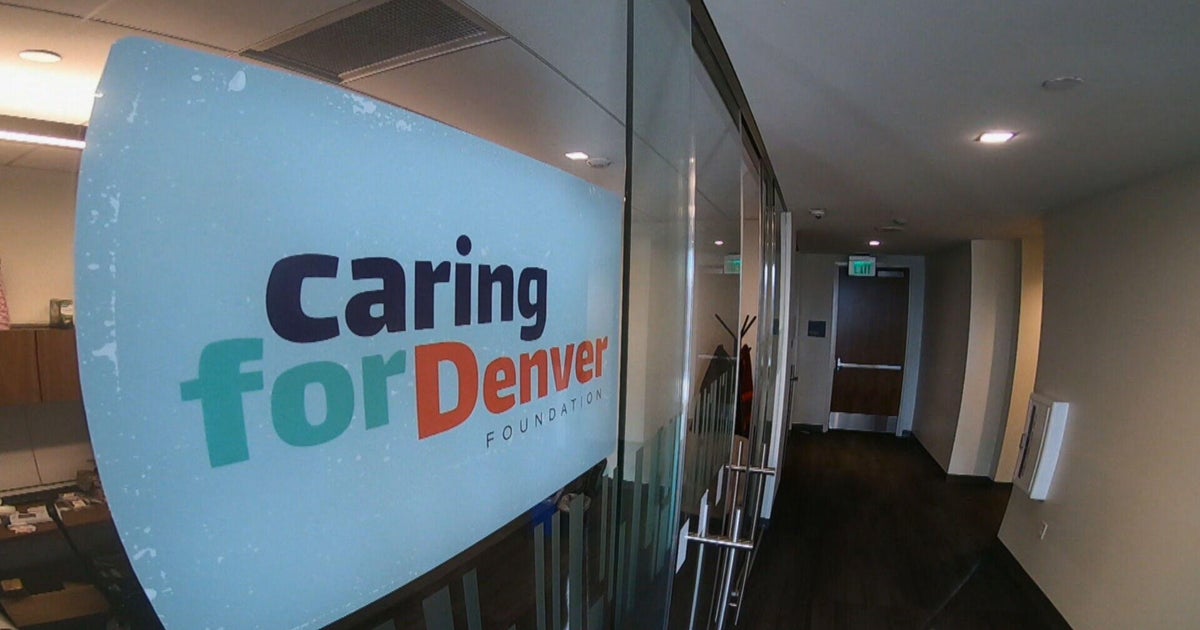Health officials concerned a future doctor shortage will hit rural Minnesota communities hardest
ST. LOUIS PARK, Minn. — There is real concern among health officials there won't be nearly enough doctors in the future, let alone for rural Minnesota in the near term.
Dr. Edwin Bogonko, president of the Minnesota Medical Association, estimates 30% of the state's physician workforce will either retire or change careers.
"One has to be worried because we're facing an unprecedented workforce shortage," Bogonko said. "It's just a reality."
The projected shortage, moreover, is exacerbated by the population's health care needs, which Bogonko said is an additional 1,200 primary care doctors by 2040, a 28% increase in the working ranks now.
"We're behind the eight ball," he said.
Workforce issues felt most in family medicine
Dr. Robert Karasov was a pediatrician at Park Nicolet for nearly 40 years. He retired in 2023, even though he said he had a few years left in him.
"The last several years I'd keep saying to them, 'You'll let me know if I stay too long,'" Karasov said. "They'd say, 'No, we want you to stay.'"
That wasn't just pleasantries; pediatrics, family medicine and obstetrics are the most in-demand positions in the healthcare system.
According to the Minnesota Department of Employment and Economic Development, the vacancy rate for pediatricians in December 2024 was 32.4%. For family medicine, it was 8.5%, while OBGYN came in at 7.6%.
Karasov recalled a similar struggle many years ago to get more medical students interested in the field.
"In college I shadowed my pediatrician because I was thinking of medical school, and he told me, 'No matter what you do don't be a pediatrician.' I asked why, and he goes, 'Because they make the least money and you have to deal with all the crazy mothers,'" he said.
Karasov, though, was enamored with the idea of helping families.
"There's nothing like having a parent come back and tell you how much you helped them," he said.
Still, both Karasov and Bogonko acknowledged the impact of money, especially with the exponential increase in medical school debt.
"A lot of our medical school graduates are looking at the debt and the time it will take to pay off those debts and they're opting to do more high-paying specialties," Bogonko said. "How we pay for services of our physicians is very heavy on how much technology is used, so for example people who have procedure-based specialties tend to get paid way, way more."
Shortages lead to service cutbacks at hospitals
WCCO Investigates has spent months speaking with patients, providers and health care administrators about how several health systems in Minnesota have slashed or relocated services. This includes pediatric units and labor and delivery.
"This is a symptom of a larger problem," said Joe Schindler, finance director for the Minnesota Hospital Association. "They're closing these services just to keep the doors open for the emergency room and other inpatient and outpatient care."
Rural communities have been the hardest hit, including labor and delivery closures in Cambridge, Fosston, Granite Falls, New Prague, Olivia and Regina.
Other hospitals, including Mercy Campus in Coon Rapids, closed its inpatient pediatric units.
"We need to have a better policy in place to support the very services that everybody needs in the community," Schinder said.
As for what specific policies can change, Schindler pointed to the reimbursement rates from Medicaid, a government-run health insurance program for lower-income individuals.
Bogonko said he wants to see medical schools and health systems work together to think creatively about incentives for students choosing their specialties.
"It's about talking to our training institutions," Bogonko said. "Can they promote and sort of strengthen primary care directive residency training so they get into those programs and are guaranteed loan forgiveness in exchange to work in our local communities? Can we look at the crucial role of primary care doctors, OB docs, that not only keep people healthy, but also keep care local, and change how we reimburse those physicians?" said Bogonko.
